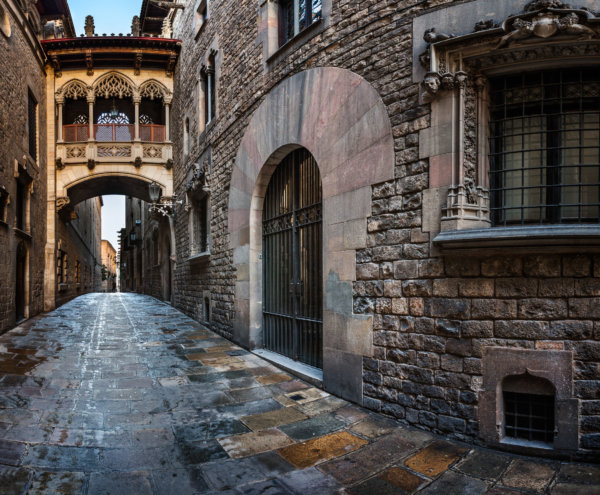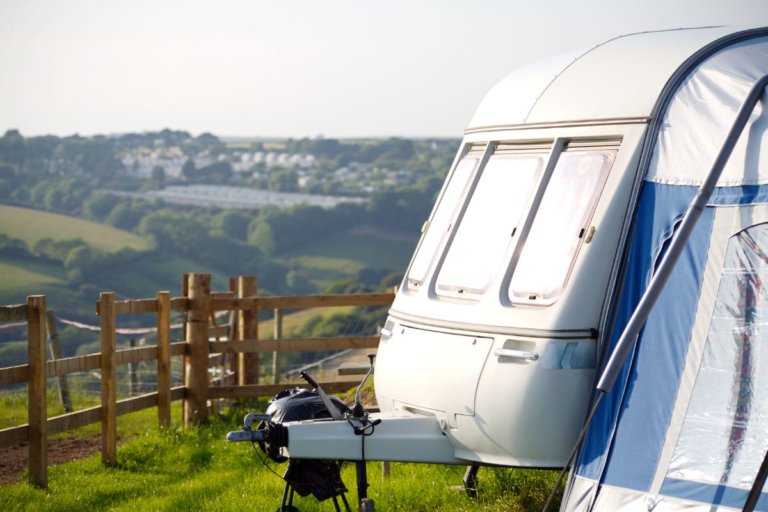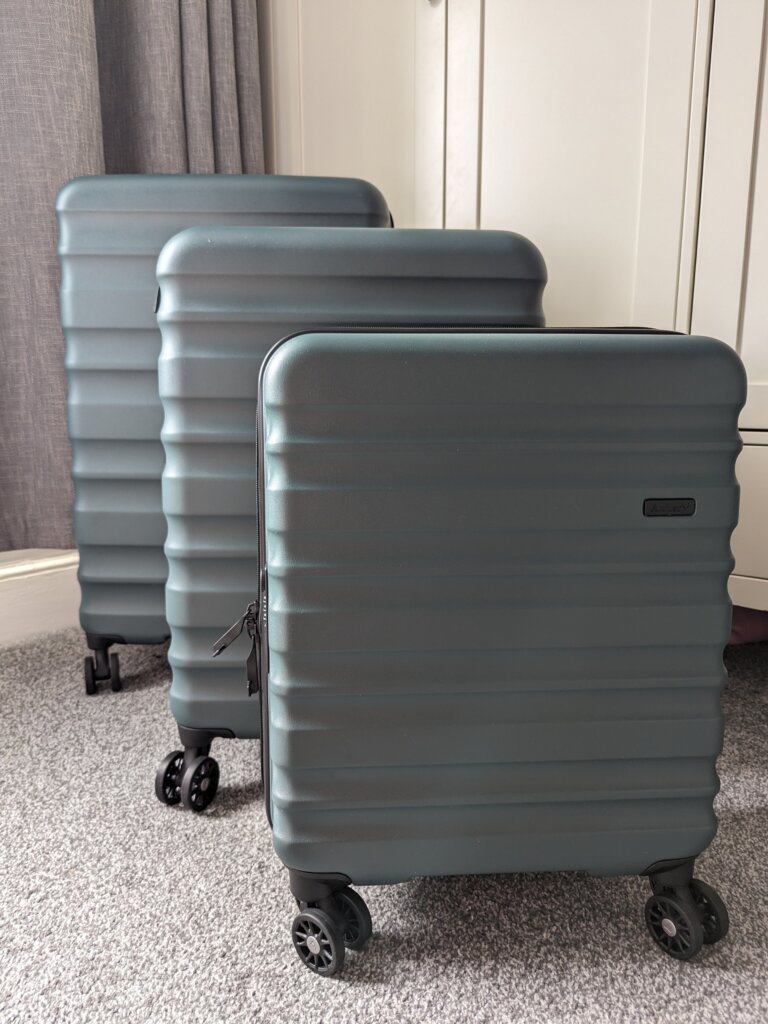Where do you want to go?
Behind the travel blog
Hi, I’m Vicky
I want to help you plan your adventures, and make the most of your precious time off. I’ve travelled solo, been a digital nomad, lived abroad, visited over 75 countries and am a Lonely Planet author. I love a festival – I’ve been to over 60 and have even written a book about them!
This blog is a treasure trove for anyone wanting to visit the places I’ve been. My goal is to support you in making your travel dreams a reality.
Let me help you with the best baby travel advice, camping tips, and travel advice to help you visit your dream destinations!
FEATURED IN…

YOUr guide to the
best travel souvenirs
TOP RESTAURANTS

buy my book
Celebrate: The Greatest Festivals in the World
After attending over 60 festivals around the world, I was asked to write this book about my top recommendations. From looking at the origins of the celebrations, to what they’ve morphed into today, this is the amalgamation of my festival travels. I’ve also included a few festivals I want to go to in the future – there’s just so many to choose from!
“There is freedom waiting for you,
On the breezes of the sky,
And you ask “What if I fall?”
Oh but my darling,
What if you fly?”
― Erin Hanson
Where to Go…
I’m one of the UK’s top travel bloggers well known for my travel advice on Vietnam, help with backpacking the Philippines, and what to do on your travels in India.
I’m your friend.
I want you to have the best travel experiences possible. And I want to show you how it can be done on a budget, on your own, with friends, or with a bit of money to splash. Let me show you the world…
Subscribe on Youtube:
Top Travel Advice
See All >
FOLLOW ME ON
TOP DESTINATIONS

Thanks for reading…
I hope you enjoy my travel blog.
Just let me know if you have any questions, or need advice booking a trip or planning your adventures. Get in touch on social media @VickyFlipFlop.
I’m here to help!































